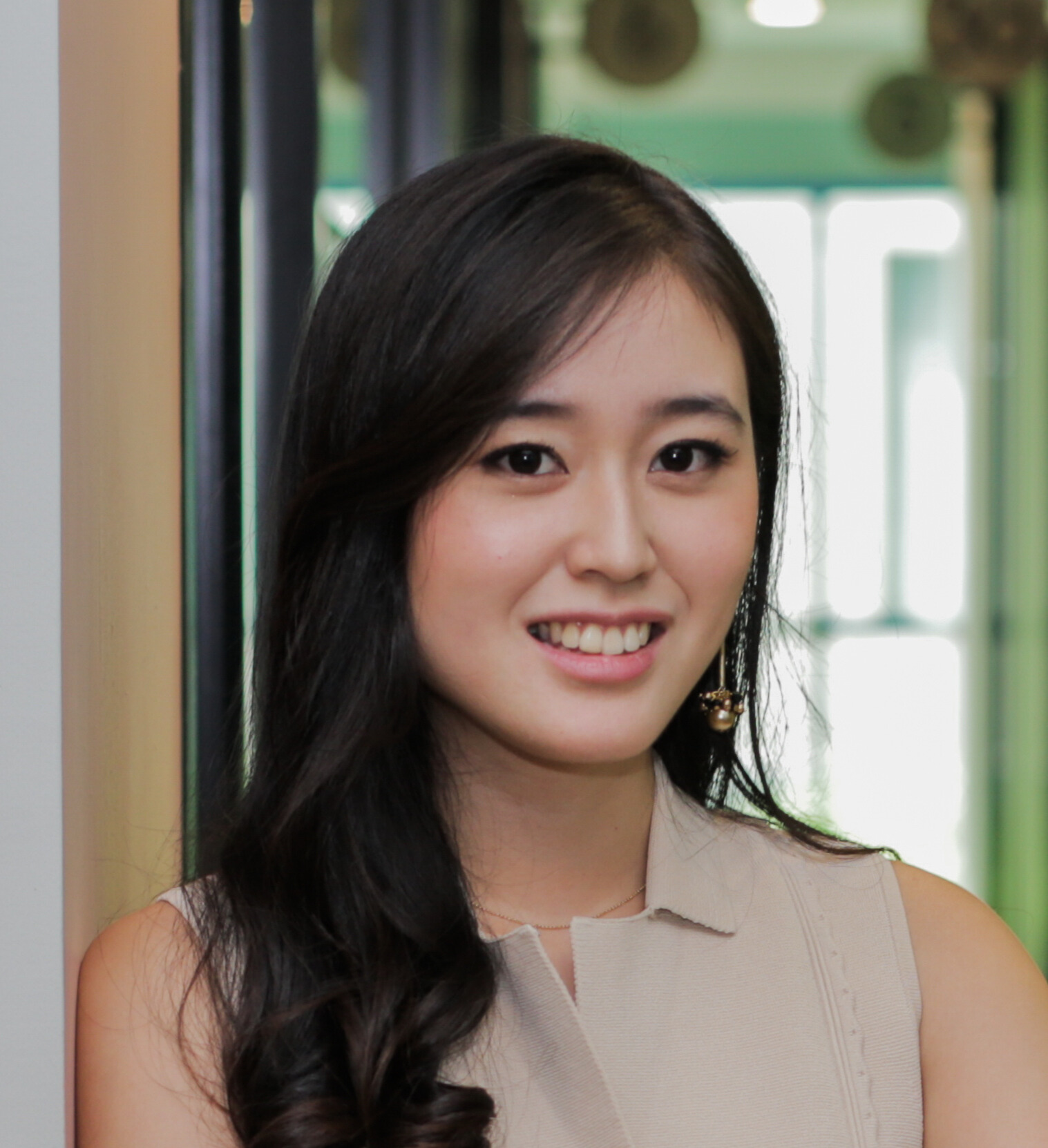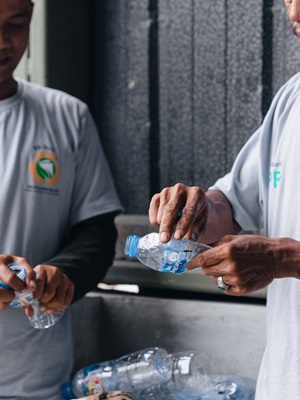
Cynthia Handriani Wijaya

Chief Corporate Officer @ Daya Selaras Group
Cynthia Wijaya is the Chief Corporate Officer at Daya Selaras Group (DSG) that is driving a circular value chain through its subsidiaries and affiliates in the waste, industrial paper, paper packaging and logistics sectors. She has been working in the company for more than 12 years and is leading the Group's ESG division. She is passionate about the circular economy, climate-tech and the zero-waste movement. In DSG, she initiated various projects and partnerships with the informal waste sector, recycling start-ups, the Indonesian Packaging Recovery Organization and many more. On top of that, she founded Eco Selaras or ‘ECO-S’ with a vision for it to become a bridging platform to bridge ideas, people and businesses together.




